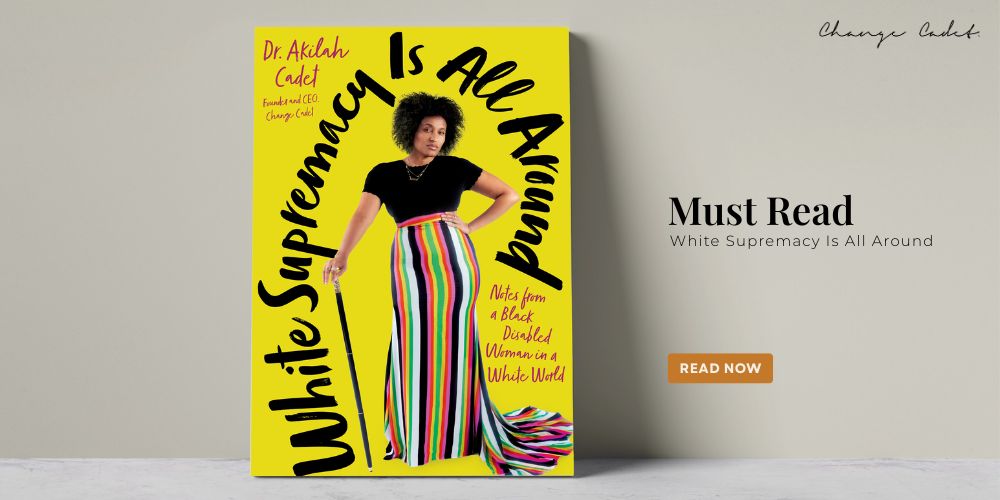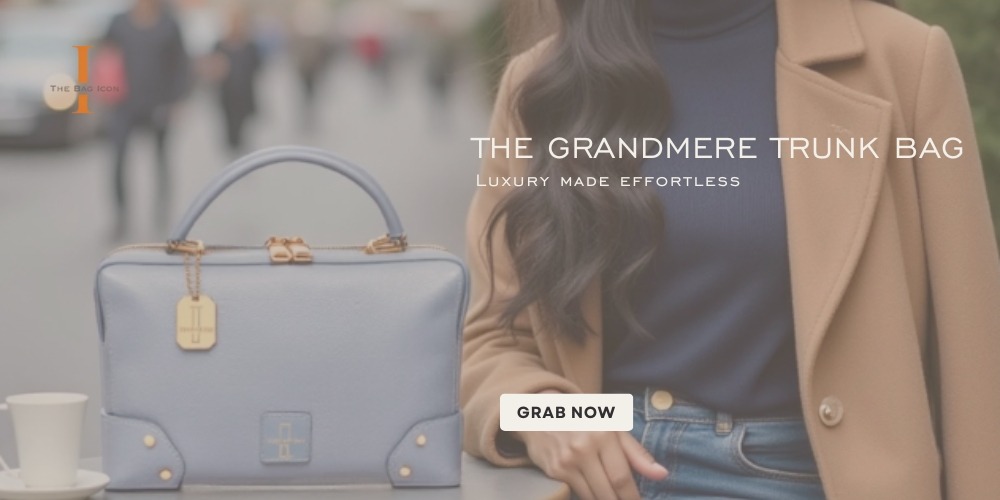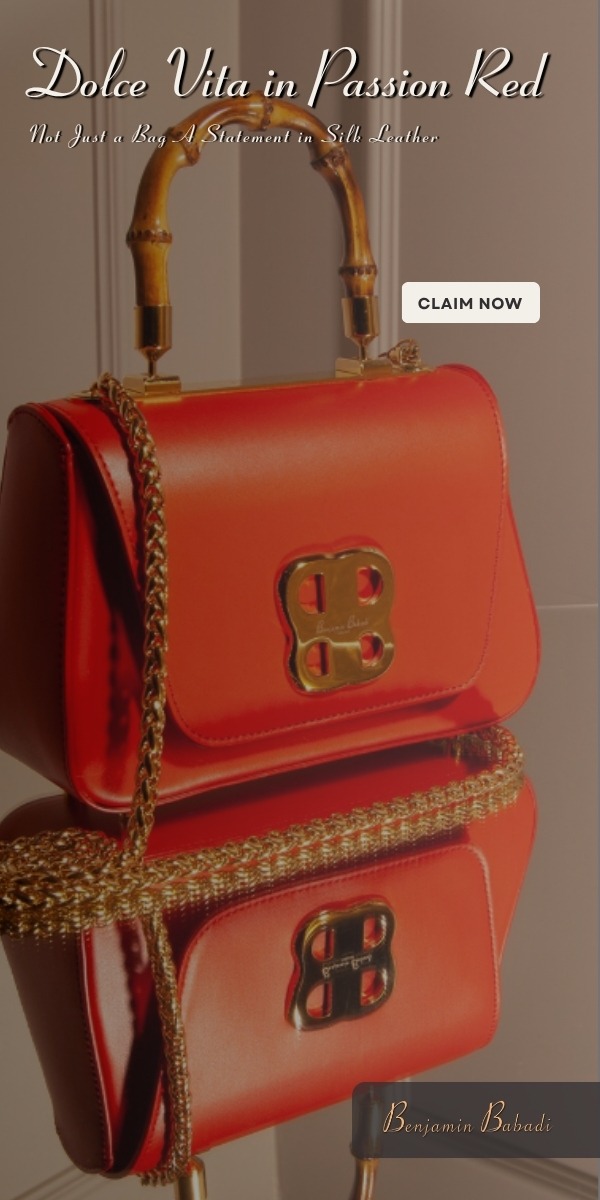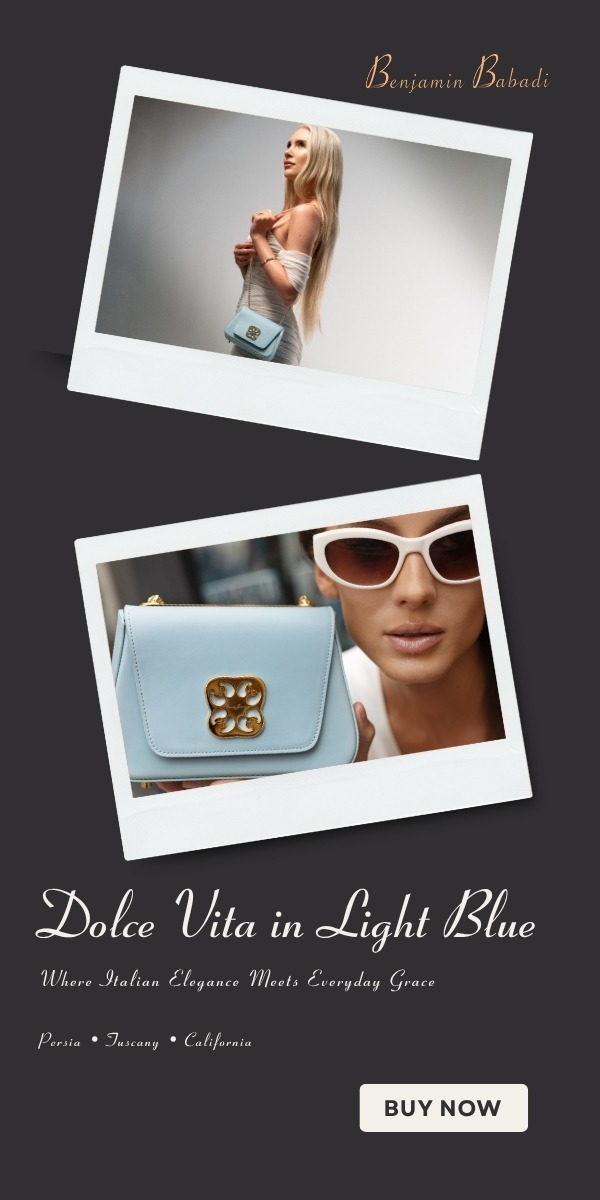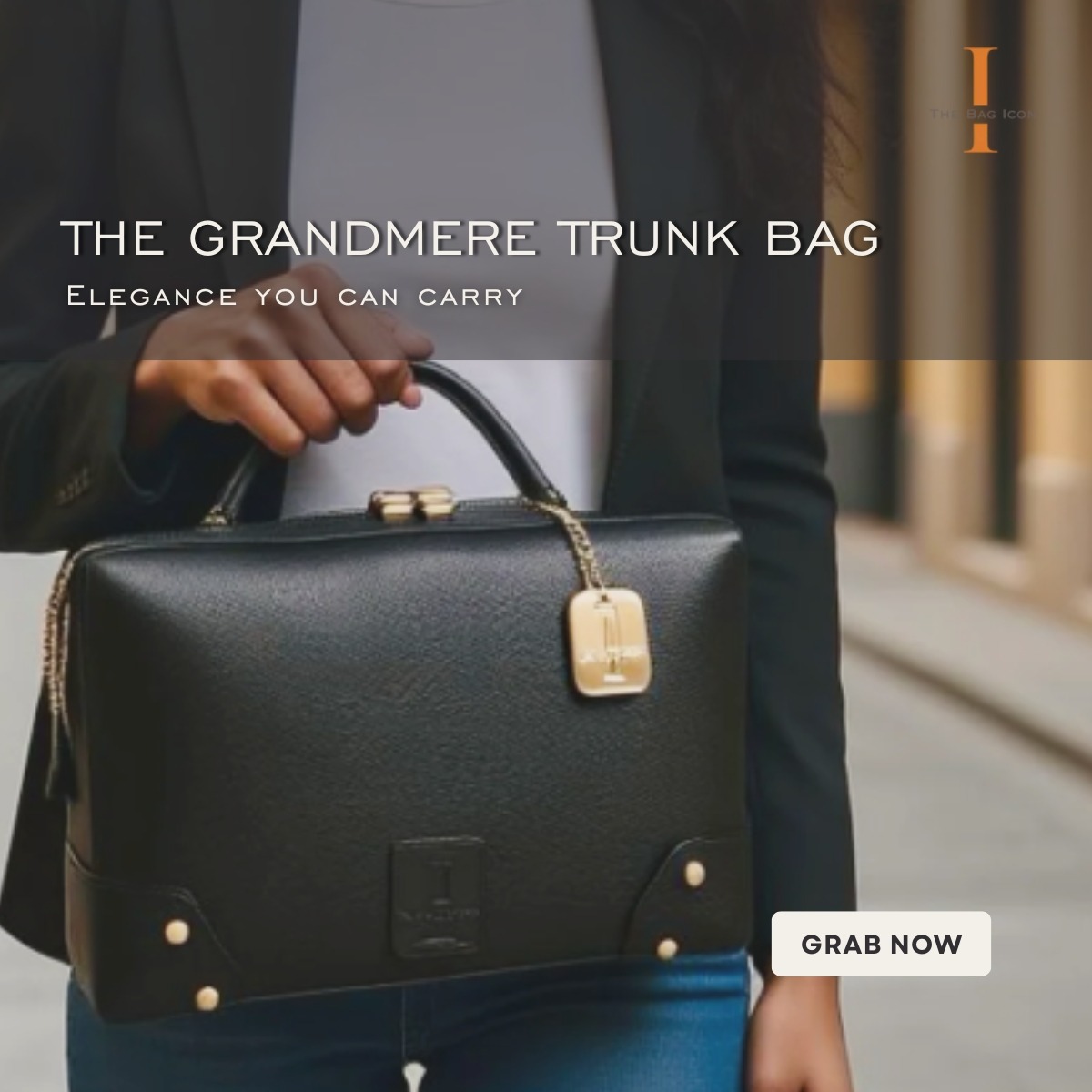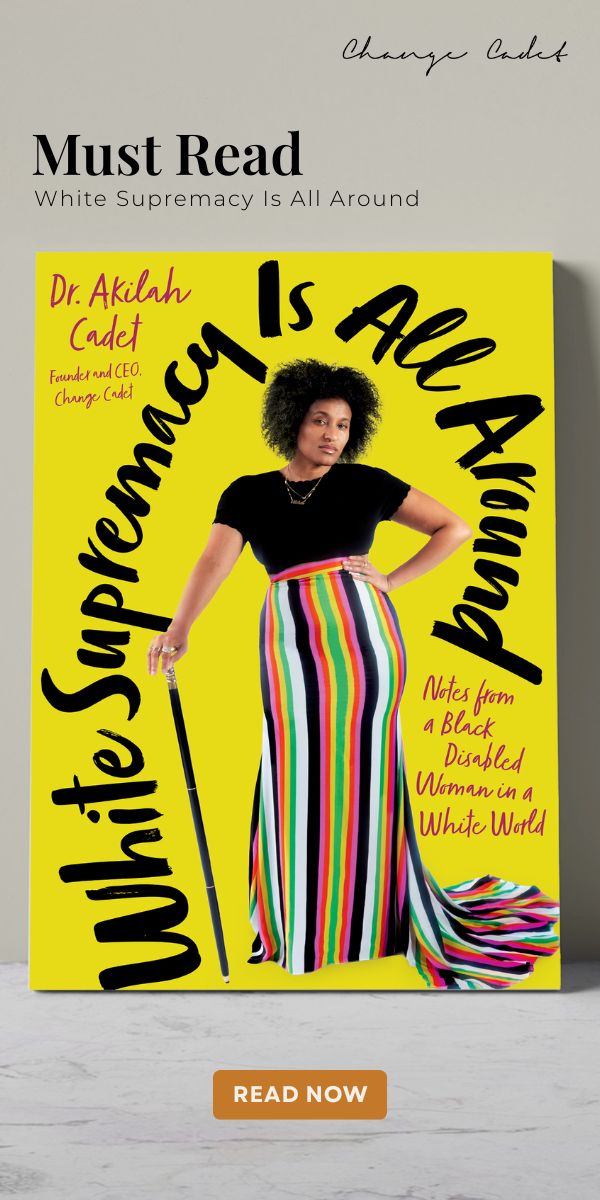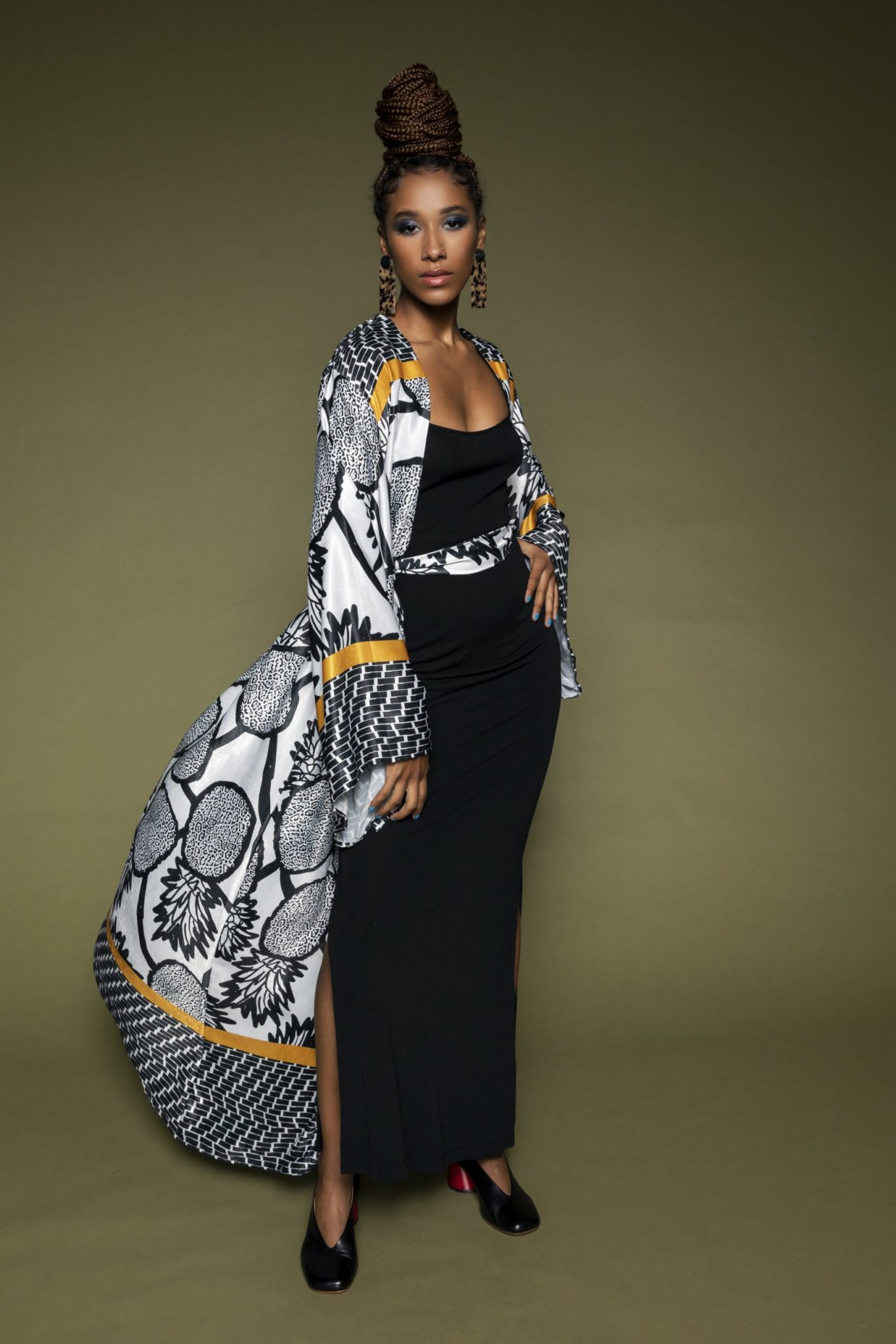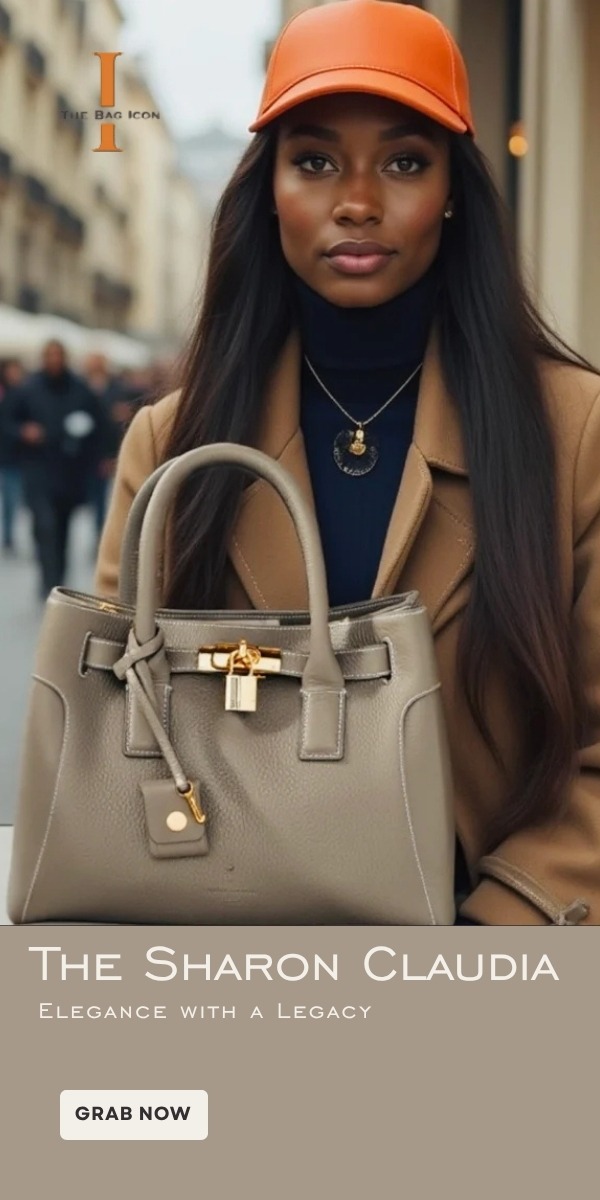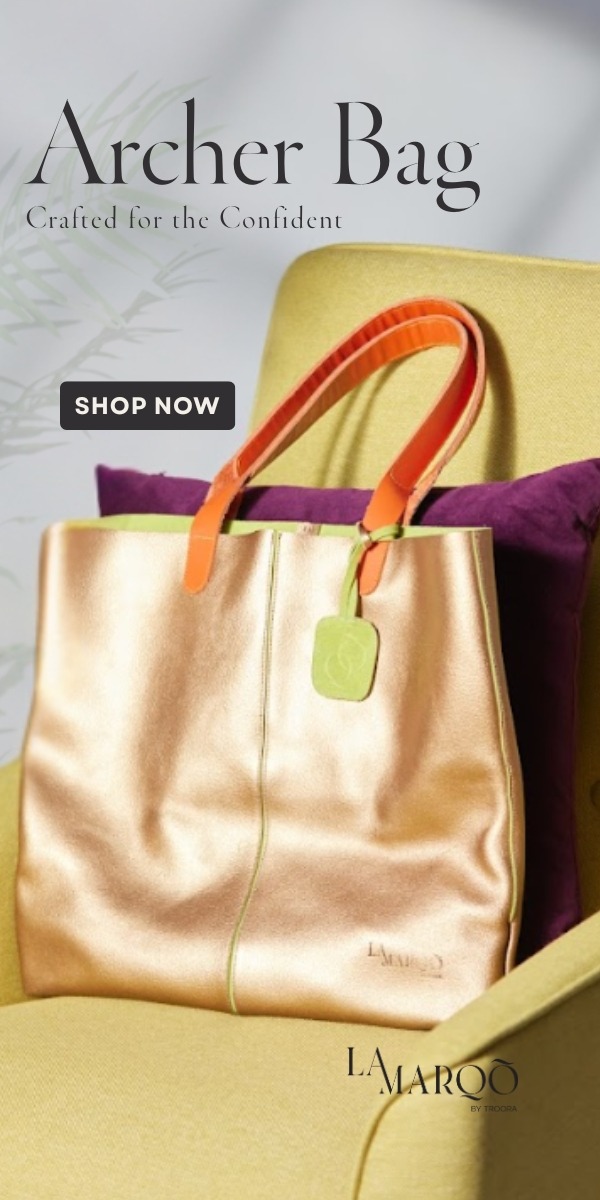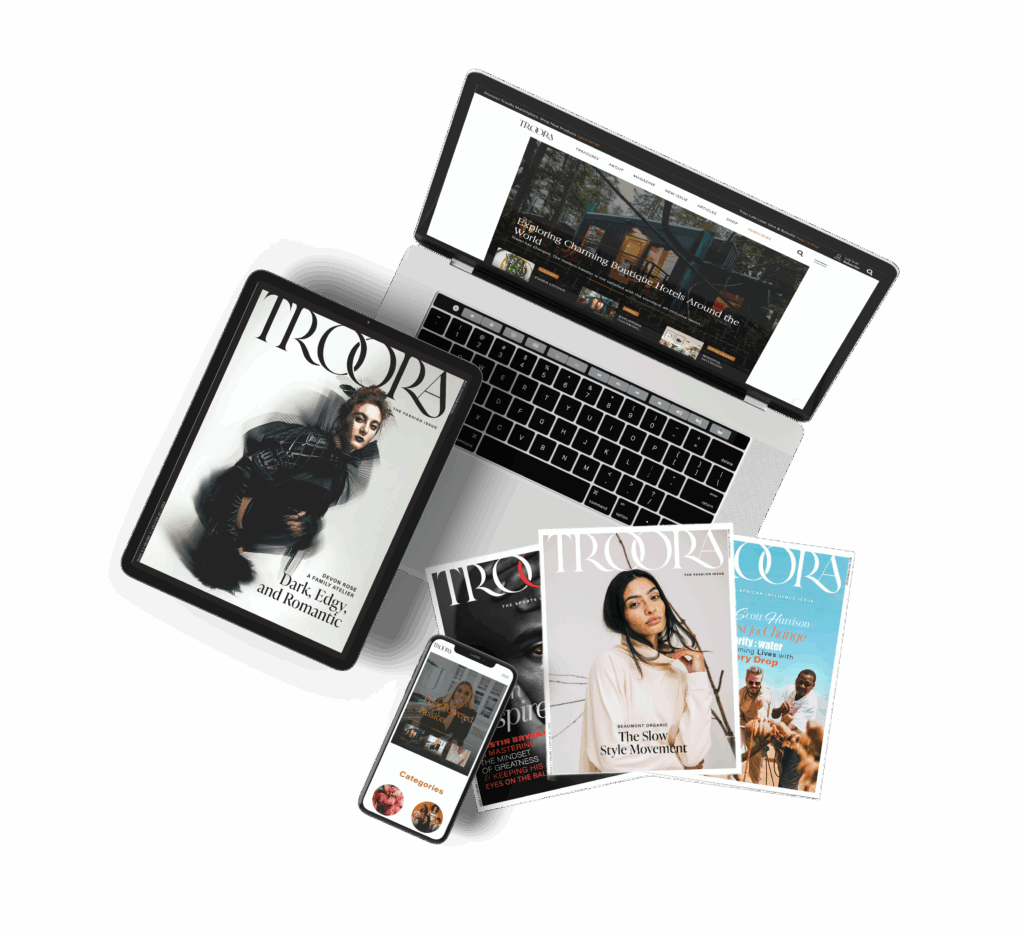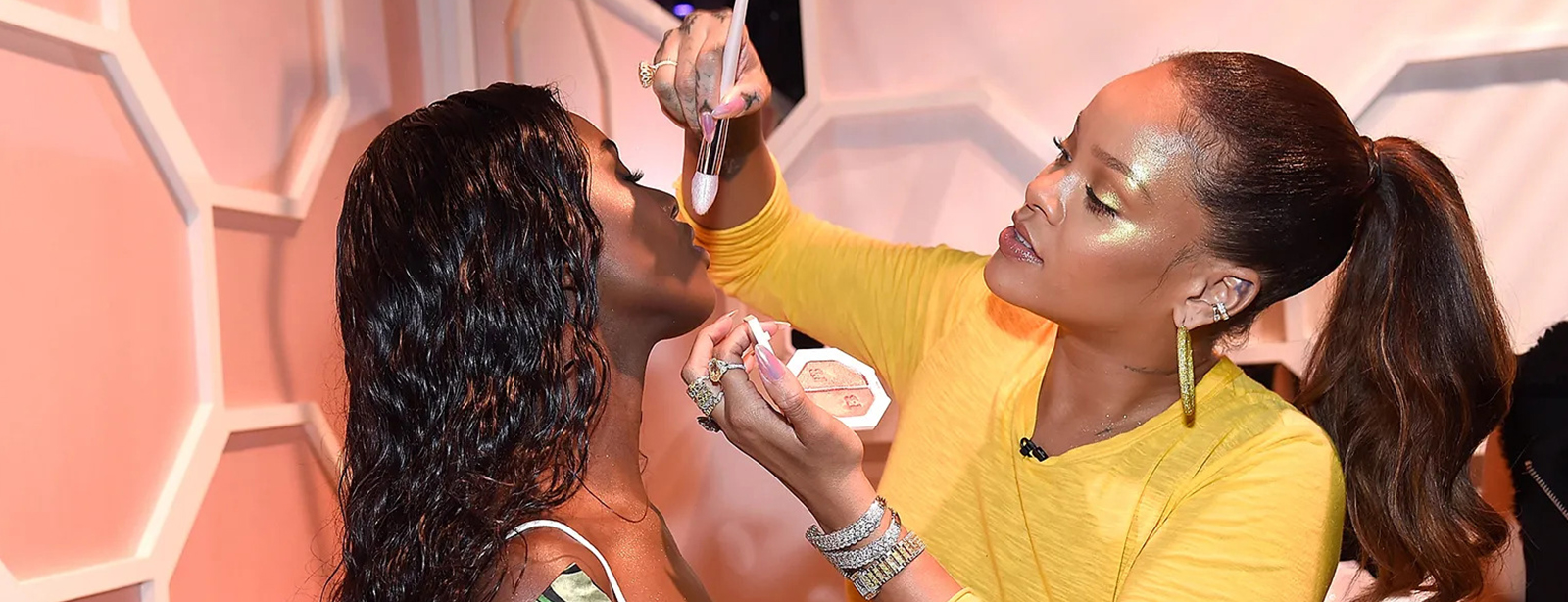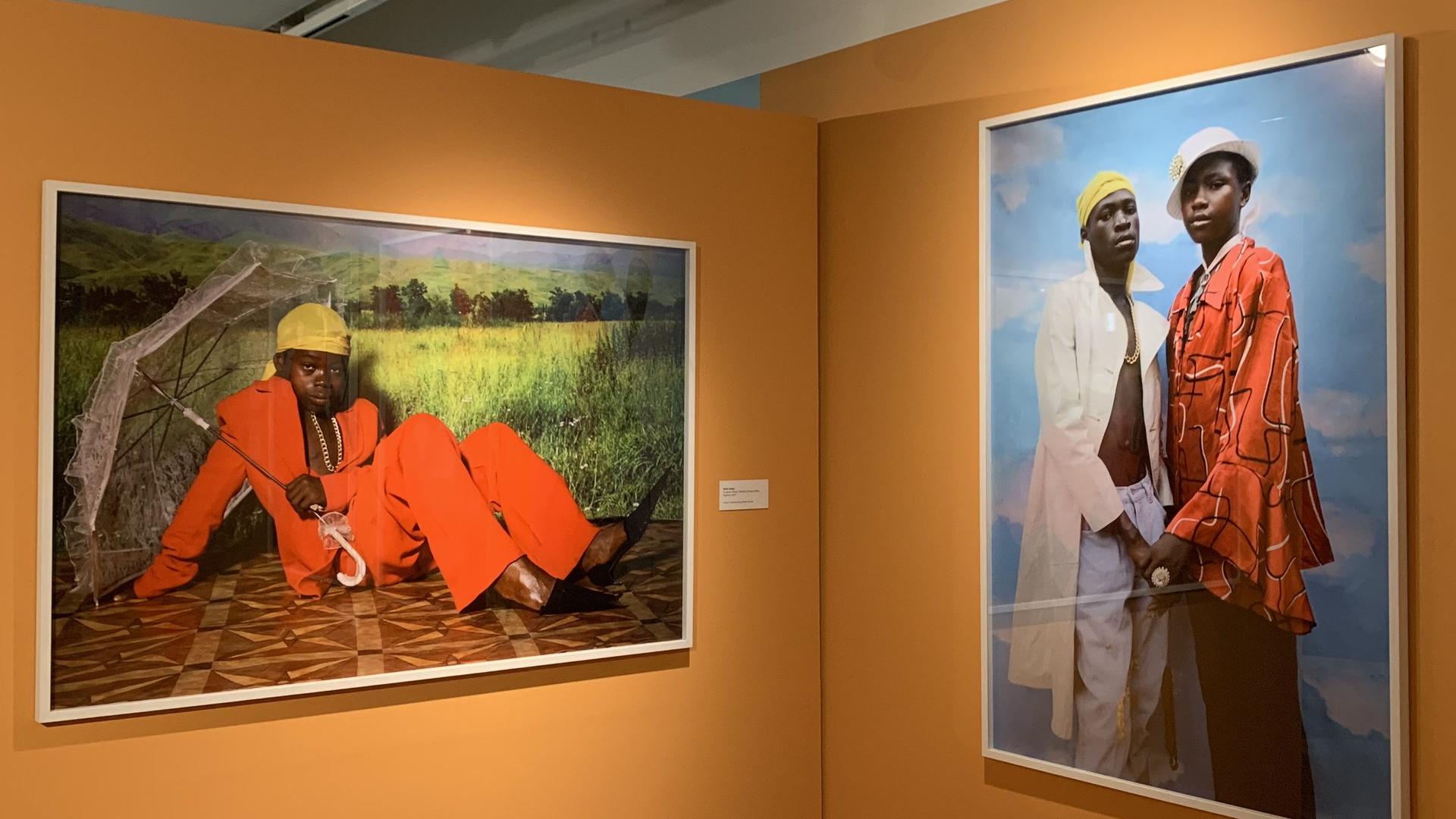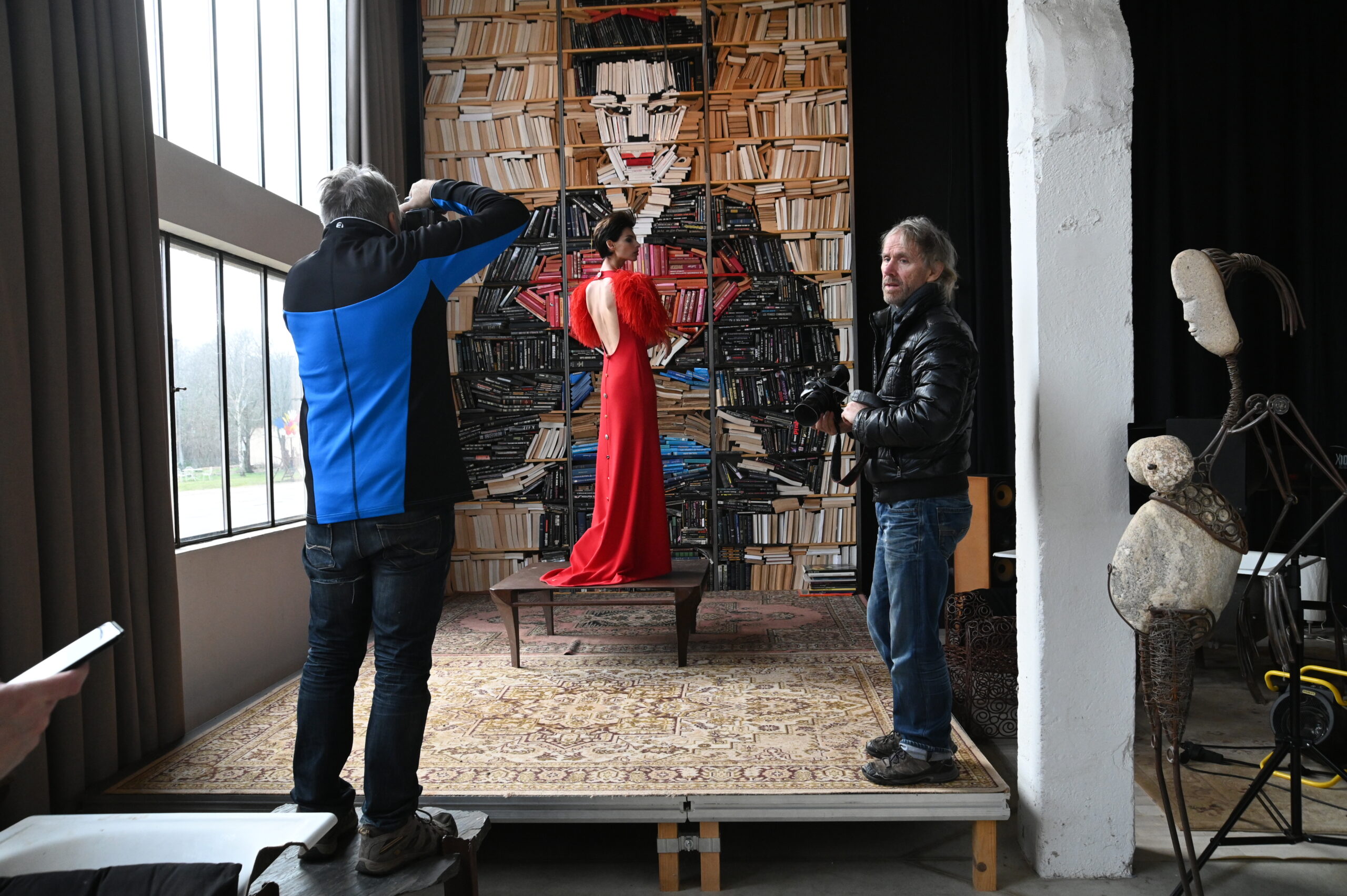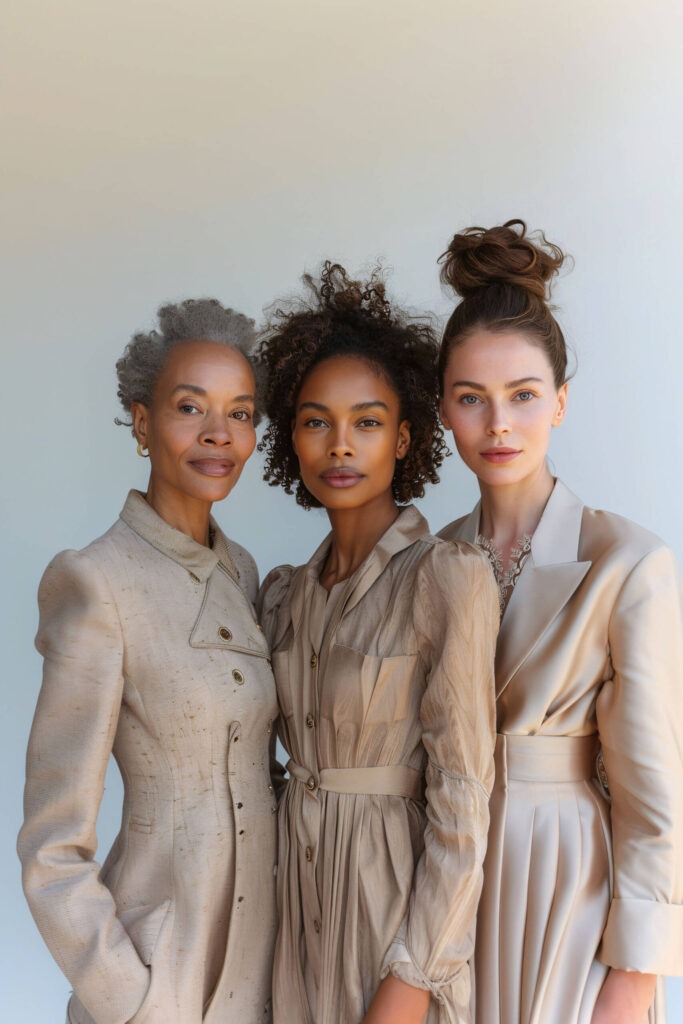Before the read
Their influence spans fashion, media, tech, and beyond—breaking barriers and building billion-dollar ventures.
These brands shift culture, challenge norms, and prove inclusion drives innovation and sales.
Absolutely. It fuels local economies, opens doors, and creates long-term financial impact.
Celebrating Black Entrepreneurship, Innovation, and Industry Disruption
For over half a century, Black entrepreneurs have defied systemic barriers and reshaped industries—from luxury hospitality and sports apparel to fashion, beauty, media, and more. This article chronicles their remarkable journey, highlighting how trailblazing brands like Salamander Hotels & Resorts, Fenty Beauty, Telfar, and Uncle Nearest Premium Whiskey have redefined market standards and forged new pathways toward generational wealth and social change. By exploring the evolution of Black ownership and spotlighting hidden gems across diverse sectors, TrooRa celebrates the resilience, creativity, and leadership that continues to drive economic empowerment and inspire future generations.
From sporting teams to luxury hotels, Black-owned brands are not just building businesses. They’re rewriting history. Over the past five decades, Black entrepreneurs have navigated systemic barriers to establish and grow influential enterprises across diverse industries. Today, their businesses thrive and are redefining entire sectors, driving economic empowerment, and creating generational wealth. This article celebrates the hidden gems of Black entrepreneurship, spotlighting brands that are making monumental strides in hospitality, sports, technology, fashion, and beyond. By examining the evolution of Black ownership and highlighting groundbreaking companies, we honor resilience, vision, and the indelible impact of Black leadership.

The Evolution of Black Entrepreneurs
Historically, Black entrepreneurs faced exclusion from key industries due to discriminatory policies, redlining, and lack of access to capital. However, in the past fifty years, the landscape has changed dramatically. Key milestones include: The rise of Black-owned media, with companies like Essence Communications and BET breaking barriers in the 1970s and ’80s.
The emergence of Black athletes and entertainers as business moguls, with figures like Michael Jordan and Jay-Z expanding their influence beyond sports and music, respectively.
Increased access to venture capital for Black founders, thanks to firms like Harlem Capital that focus on investing in underrepresented entrepreneurs.
Despite these strides, challenges remain. The racial wealth gap, funding disparities, and systemic barriers continue to pose obstacles. However, the brands we’ve highlighted in this article—and indeed, many more Black-owned brands—are overcoming these challenges, transforming their industries, and paving the way for future generations.
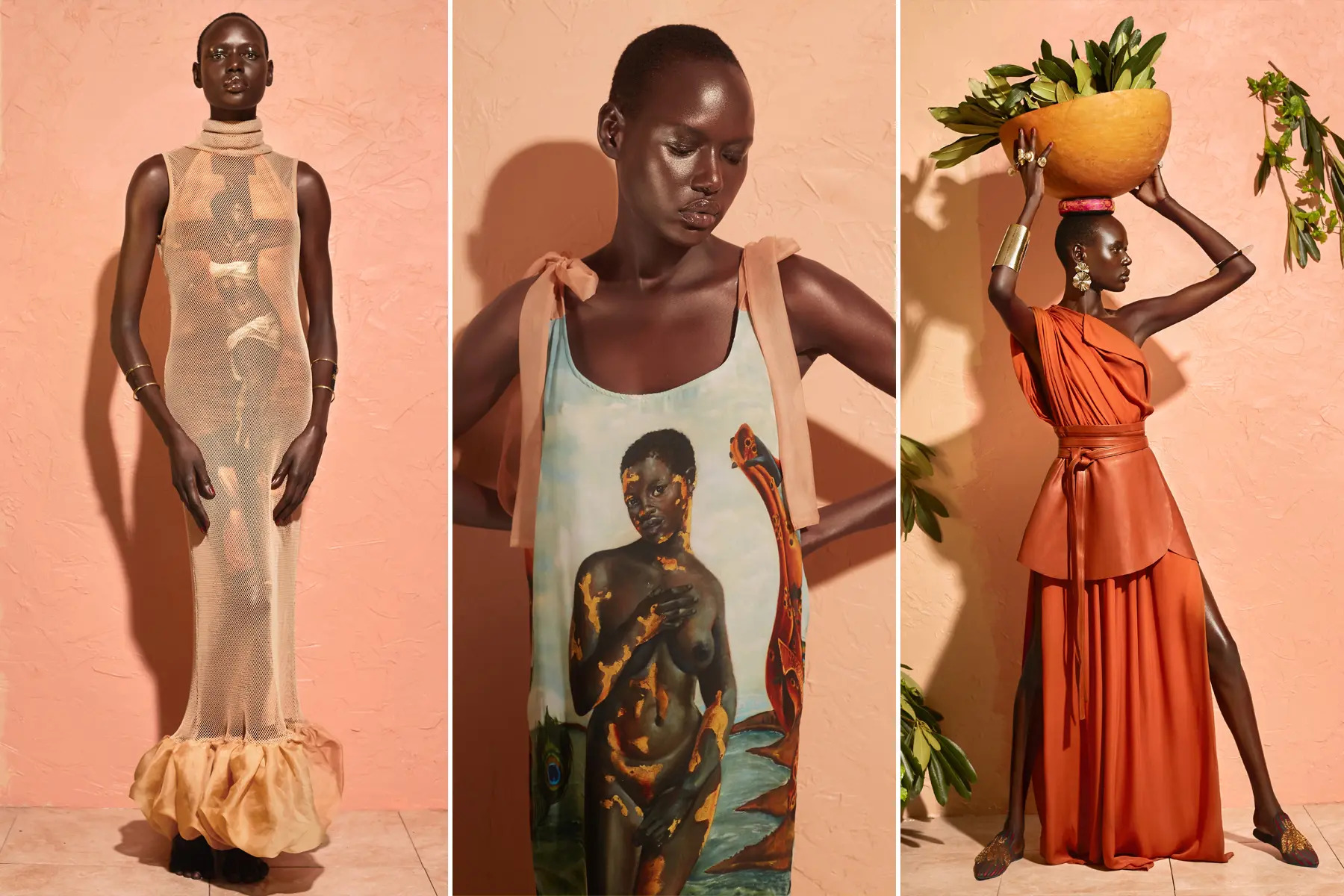
Hidden Gems: Black-Owned Brands Transforming Industries
Hospitality: Elevating Luxury and Experience
Salamander Hotels & Resorts
Founder: Sheila C. Johnson | Website: salamanderhotels.com
As the co-founder of BET and the first Black woman to own a luxury hotel brand, Sheila C. Johnson’s influence in the hospitality industry is unparalleled. Salamander Hotels & Resorts represents a commitment to excellence and diversity in a space where Black ownership remains rare.
Sports and Apparel: Redefining Performance and Style
Big Baller Brand
Founder: LaVar Ball | Website: bigballerbrandinc.com
Known for its bold approach to sports marketing, Big Baller Brand disrupted the athletic wear industry by offering independent sneaker lines for rising basketball stars. LaVar Ball’s brand challenges corporate dominance in sports apparel, proving that Black ownership can thrive in a highly competitive market. Fashion: Innovation, Activism, and Global Influence.
Fe Noel
Founder: Felisha “Fe” Noel | Website: fenoel.com
Fe Noel is known for her vibrant, Caribbean-inspired designs that celebrate femininity and cultural heritage, pushing the boundaries of fashion innovation.
Telfar Founder: Telfar Clemens | Website: telfar.net
Famous for its motto, “Not for you—for everyone,” Telfar created an “It bag” that rivals luxury brands while remaining affordable. Telfar continues to redefine accessibility in luxury fashion, with coveted items that balance exclusivity and inclusivity within the industry.
Off-White
Founder: Virgil Abloh | Website: off—white.com
Virgil Abloh’s Off-White completely changed the streetwear game, blending high fashion with urban aesthetics and proving that luxury is accessible to all.
Beauty and Personal Care: Power, Inclusion, and Representation
Fenty Beauty
Founder: Rihanna | Website: fentybeauty.com
Rihanna’s cosmetics empire redefined beauty standards by offering more than fifty foundation shades, proving that inclusivity sells and reshaping the industry’s approach to diversity.
Bevel
Founder: Tristan Walker | Website: getbevel.com
Specializing in grooming products for men with coarse and curly hair, Bevel addresses a long-ignored market segment and elevates Black-centric grooming solutions.
Cécred
Founder: Beyoncé Knowles-Carter | Website: cecred.com
Beyoncé’s haircare brand, Cécred, is a testament to the power of representation and self-care within the Black community. Inspired by her mother’s legacy as a hairstylist, Cécred combines science-backed formulations with cultural heritage to offer premium haircare solutions designed for all textures. By entering the beauty industry, Beyoncé expanded her entrepreneurial empire and helped uplift Black beauty and ownership in an industry long dominated by non-Black corporations.
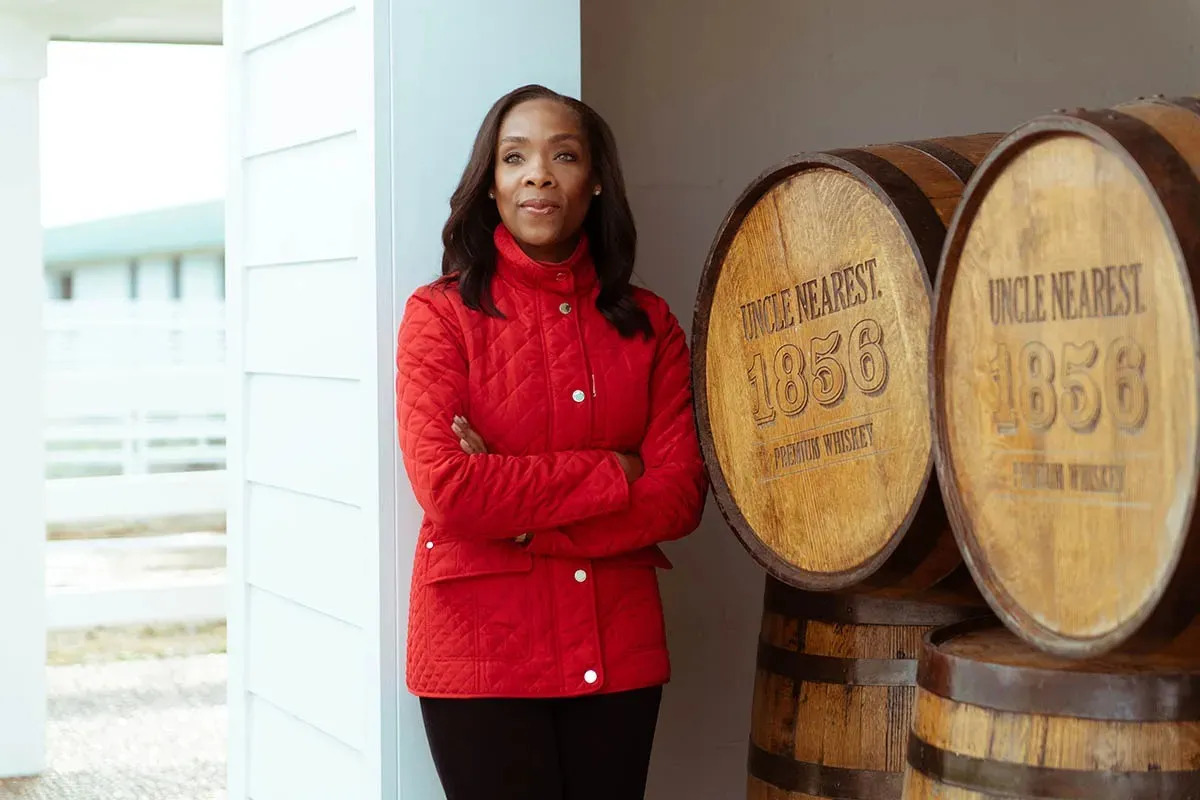
Media and Technology: Controlling the Narrative
Blavity Founder: Morgan DeBaun | Website: blavity.com
Blavity is a leading digital media company catering to Black millennials, amplifying voices that traditional media often overlook.
Finance: Fostering Entrepreneurship
Harlem Capital
Founders: Henri Pierre-Jacques and Jarrid Tingle | Website: harlem.capital
Harlem Capital is a venture capital firm focused on funding underrepresented entrepreneurs. The company aims to invest in one thousand diverse founders over twenty years!
Food and Beverage: Legacy and Innovation.
Uncle Nearest Premium Whiskey
Founder: Fawn Weaver | Website: unclenearest.com
This whiskey brand honors Nearest Green, the first known African American master distiller, blending history with high-quality spirits. McBride Sisters Collection.
Founders: Robin & Andréa McBride | Website: mcbridesisters.com
As the largest Black-owned wine company, McBride Sisters Collection champions diversity in winemaking.
Black-owned businesses do more than generate revenue; they inspire systemic change. They:
Create economic independence, offering career pathways and wealth-building opportunities.
Challenge industry norms, demanding representation and inclusivity.
Build generational wealth, ensuring economic stability for future Black entrepreneurs.
How to Support Black-Owned Brands
Supporting Black-owned brands goes beyond purchasing their products. Here’s how you can make a lasting impact:
Shop consciously: Prioritize Black-owned brands when making purchasing decisions.
Spread the word: Share Black-owned businesses on social media and through word of mouth.
Invest: Support Black entrepreneurs by investing in their companies or contributing to crowdfunding campaigns .Advocate for funding and equity: Encourage corporations and investors to fund and partner with Black-owned businesses.Engage with the community: Attend Black business expos, networking events, and mentorship programs.
The journey of Black ownership over the past fifty years has been marked by resilience, innovation, and transformation. While barriers remain, the brands highlighted here prove that Black entrepreneurs are not just participating in their industries—they are leading them.
By supporting these businesses, investing in Black-owned brands, and advocating for systemic change, we all play a part in shaping an equitable future. The next fifty years hold even greater potential, as Black entrepreneurs continue to rewrite the narrative of ownership and leadership across the globe.
More by this author
The Wrap
- Black entrepreneurs have redefined success across industries, from hospitality to tech.
- Brands like Fenty Beauty and Telfar are changing global beauty and fashion standards.
- Companies such as Salamander Hotels and Uncle Nearest highlight luxury and legacy in Black ownership.
- Venture firms like Harlem Capital are rewriting funding narratives for underrepresented founders.
- Supporting Black-owned brands boosts economic equity and community empowerment.
- These entrepreneurs are paving the way for generational wealth and systemic change.
- The future of innovation and ownership will be increasingly shaped by Black leadership.
